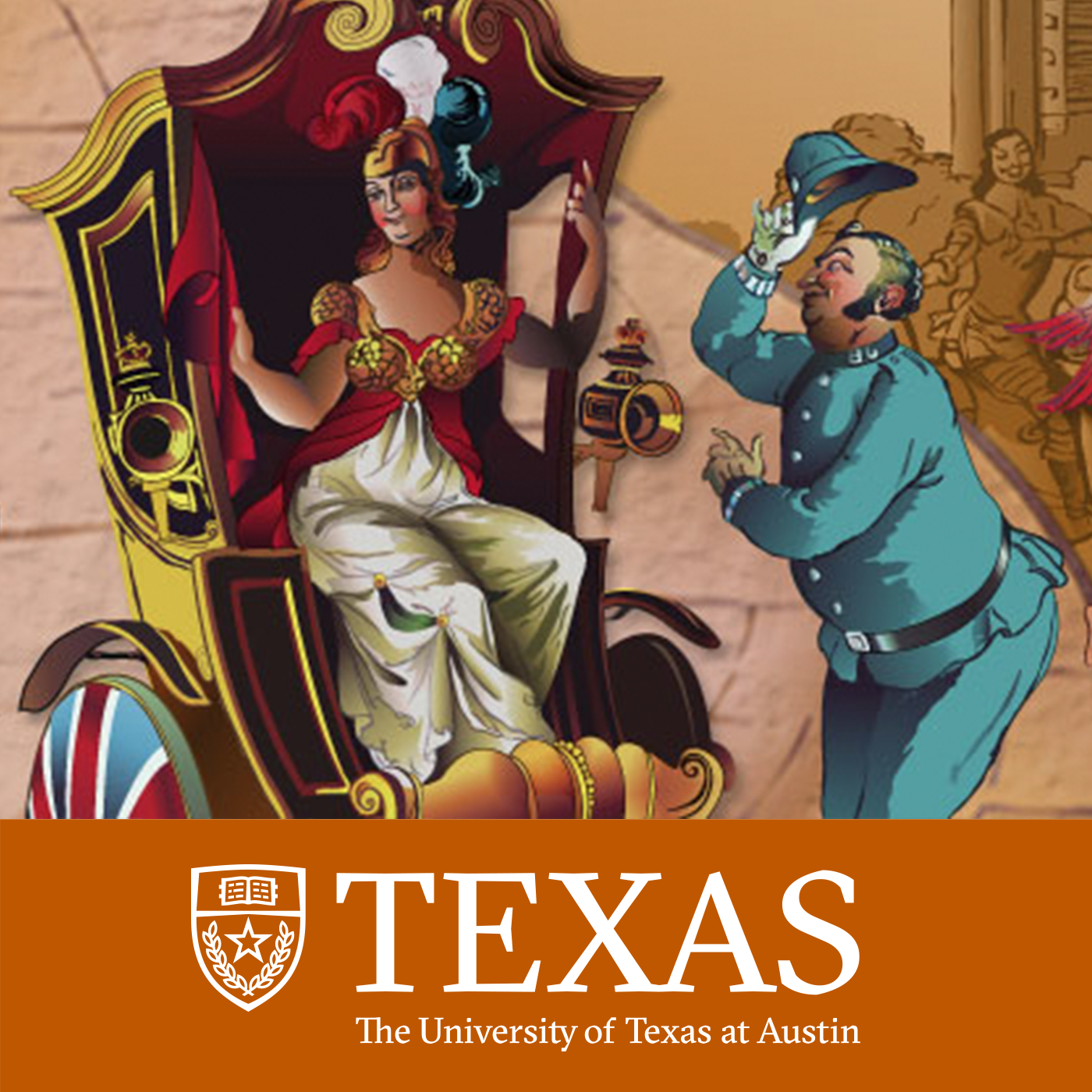Carnival in Shakespeare’s Twelfth Night
Description
Speaker – Wayne A. Rebhorn
Shakespeare’s Twelfth Night has long been associated with the festive aspects of carnival, especially in its rejection of authority and the exploration of gender confusion in its main, romantic plot. But ‘carnival’ as used by Shakespeare also meant a time of grotesque liberation and indulgence. The carnivalesque can be disturbing as well as exhilarating. While rejection of authority finally yields to a return to the norms of ordinary social life, Twelfth Night preserves the disruptiveness of carnival to the very end.
Wayne A. Rebhorn holds the Vacek Chair in English. He has given talks at Yale, Princeton, and Chicago, has lectured in France, Italy, and Germany, and has won fellowships from the ACLS and the Guggenheim Foundation. In 1990, his Foxes and Lions: Machiavelli’s Confidence Men won the Marraro Prize of the Modern Language Association. His translation of Boccaccio’s Decameron won the PEN Center USA’s 2014 Prize for Literary Translation.
More Episodes
Paula Marantz Cohen DREXEL UNIVERSITY
How can decline in enrollments in the humanities be explained? Nationwide in recent years estimates of the drop in liberal arts majors range from one-fourth to one-third of those in English, history, government, philosophy and other traditional subjects....
Published 03/10/20
Published 03/10/20
Aaron Pratt HARRY RANSOM CENTER
Before the publication of Shakespeare’s First Folio in 1623 and the efforts of subsequent editors and critics, England’s printed playbooks were considered “riff raff,” connected more with the world of London’s popular theaters than with what we might think of as...
Published 03/02/20


